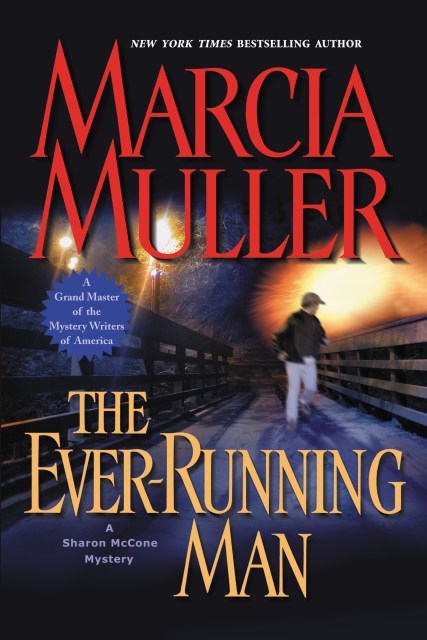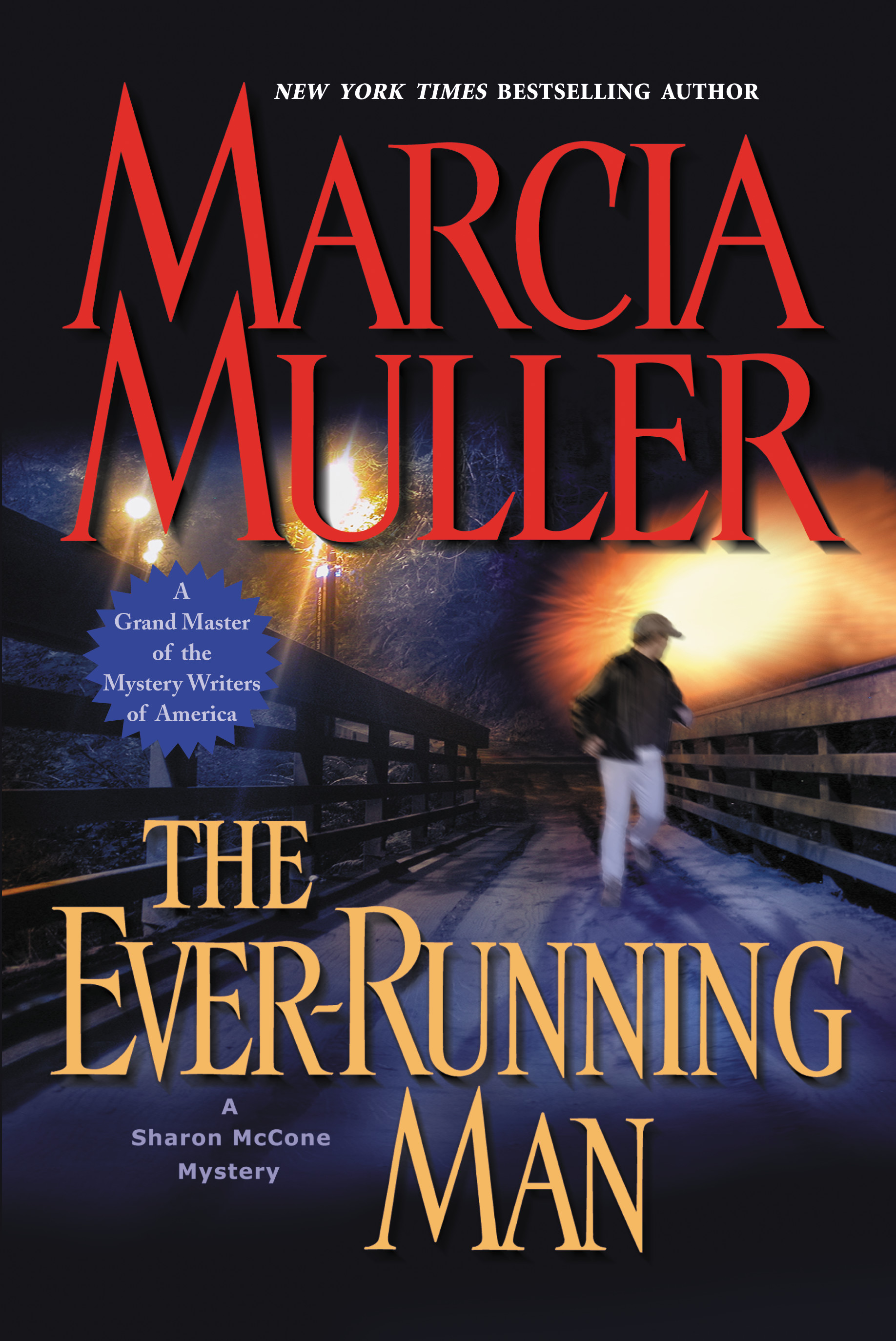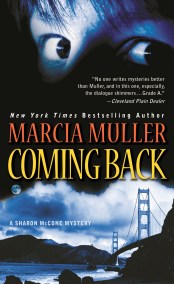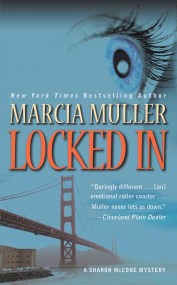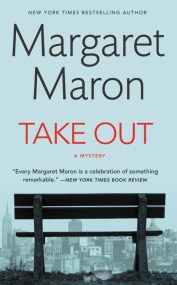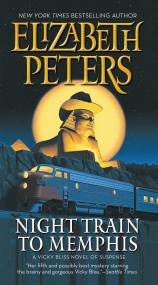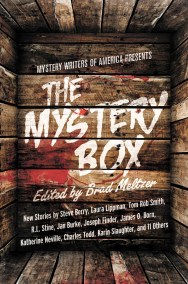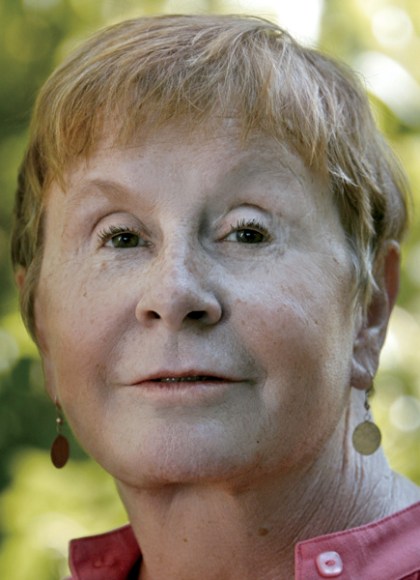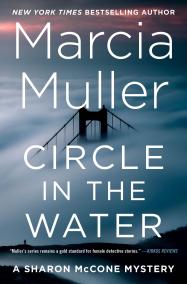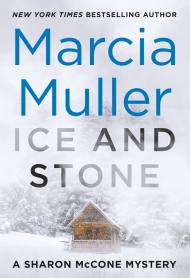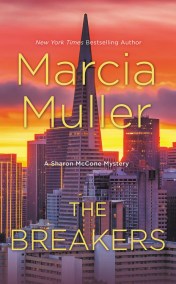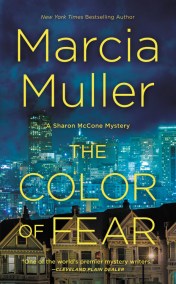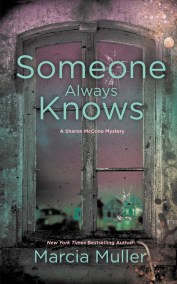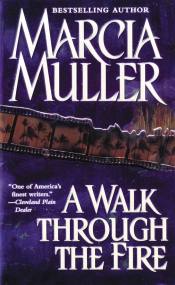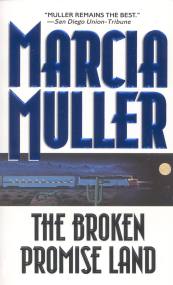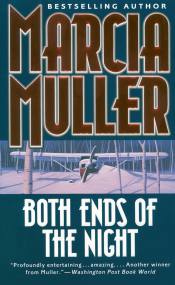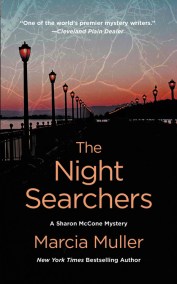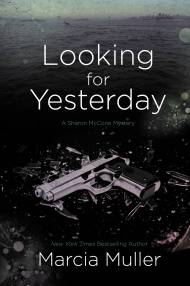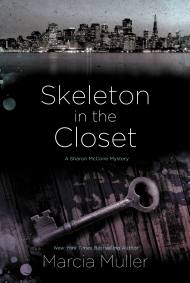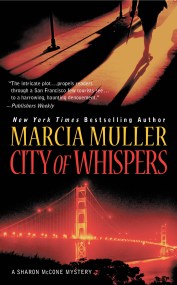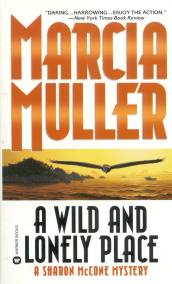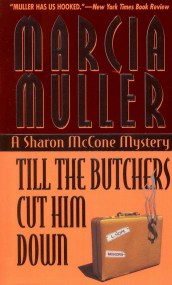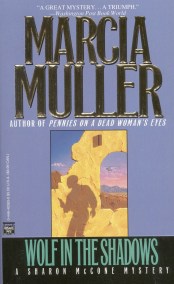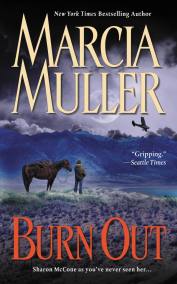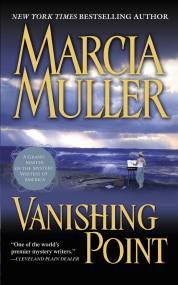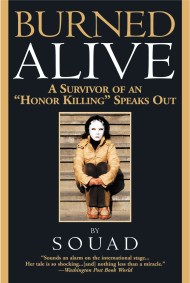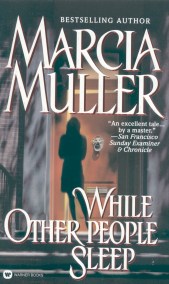By clicking “Accept,” you agree to the use of cookies and similar technologies on your device as set forth in our Cookie Policy and our Privacy Policy. Please note that certain cookies are essential for this website to function properly and do not require user consent to be deployed.
The Ever-Running Man
Contributors
Formats and Prices
- On Sale
- Jul 12, 2007
- Page Count
- 320 pages
- Publisher
- Grand Central Publishing
- ISBN-13
- 9780446197304
Price
$7.99Price
$9.99 CADFormat
Format:
ebook $7.99 $9.99 CADThis item is a preorder. Your payment method will be charged immediately, and the product is expected to ship on or around July 12, 2007. This date is subject to change due to shipping delays beyond our control.
Buy from Other Retailers:
New York Times bestselling author, Marcia Muller, brings you another thrilling mystery with her famous private investigator, Sharon McCone.
Sharon McCone is hired by her husband's security firm to track down "the ever-running man," a shadowy figure who has been leaving explosive devices at their various offices. She doesn't have to search for long. When McCone narrowly escapes an explosion at the security firm's San Francisco offices, she catches a glimpse of his retreating figure. The ever-running man is dangerously close–and anyone connected to the firm seems to be within his deadly range. To complicate matters, McCone is forced to question her intensely private husband, Hy, about his involvement in some of the firm's dark secrets. The history of corruption may jeopardize their marriage, but uncovering the secrets of the firm may be the only way she can save her husband's life, and her own.
Sharon McCone is hired by her husband's security firm to track down "the ever-running man," a shadowy figure who has been leaving explosive devices at their various offices. She doesn't have to search for long. When McCone narrowly escapes an explosion at the security firm's San Francisco offices, she catches a glimpse of his retreating figure. The ever-running man is dangerously close–and anyone connected to the firm seems to be within his deadly range. To complicate matters, McCone is forced to question her intensely private husband, Hy, about his involvement in some of the firm's dark secrets. The history of corruption may jeopardize their marriage, but uncovering the secrets of the firm may be the only way she can save her husband's life, and her own.
Series:
Newsletter Signup
By clicking ‘Sign Up,’ I acknowledge that I have read and agree to Hachette Book Group’s Privacy Policy and Terms of Use
